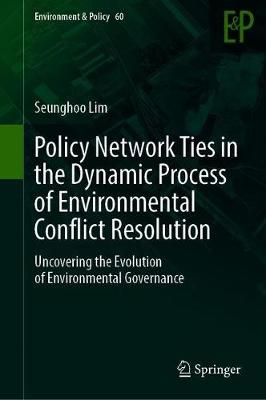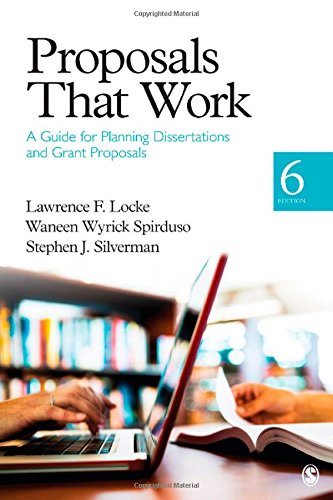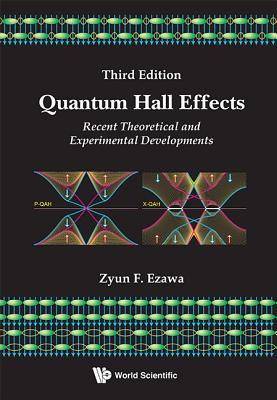
Policy Network Ties in the Dynamic Process of Environmental Conflict Resolution:Uncovering the Evolution of Environmental Governance(Environment & Policy)
政策网络与环境冲突解决的动态过程联系在一起:探索环境治理的演变
环境科学技术基础学科
¥
1327.5
售 价:
¥
1062.00
优惠
平台大促 低至8折优惠
发货周期:通常付款后3-5周到货!
作 者
出版时间
2021年05月25日
装 帧
精装
页 码
122
语 种
英文
版 次
2021
综合评分
暂无评分
- 图书详情
- 目次
- 买家须知
- 书评(0)
- 权威书评(0)
图书简介
Extensive previous research has investigated environmental conflict management issues in networked settings and the design of policy networks, but the emergence and evolution of self-organizing policy networks are still not fully understood. Especially misunderstood is the problem of how the multiple motivations or incentives of competing policy actors in conflictual situations affect their structures of interaction, as this issue has not been studied systematically. This book aims to address the following research questions: how do policy stakeholders cope strategically with collective action or environmental conflict resolution? How do they utilize or maintain formal and informal policy networks to resolve problems effectively? What motivates them to engage or be involved in collaborative or conflictual networks? What influences their networking or their decisions on partner selection for conflict resolution? This book consists of four studies. The goal of the first study is to examine the form of a policy network by focusing on how policy networks emerge and evolve at the micro-level to solve collective action dilemmas endemic to decentralized and democratized policy decision-making processes, particularly in the environmental conflict resolution arena. The goal of the second study is to examine the main policy actors and structural characteristics of network governance evolution in the dynamic process of environmental conflict resolution. The goal of the third study is to highlight the role of policy tie formality in the evolution of multiplex ties in the environmental conflict resolution process. The goal of the fourth study is to demonstrate the relationships between patterns of interactions among policy actors and their modified and adjusted strategic behaviours within policy networks and across advocacy coalitions.
本书暂无推荐
本书暂无推荐














